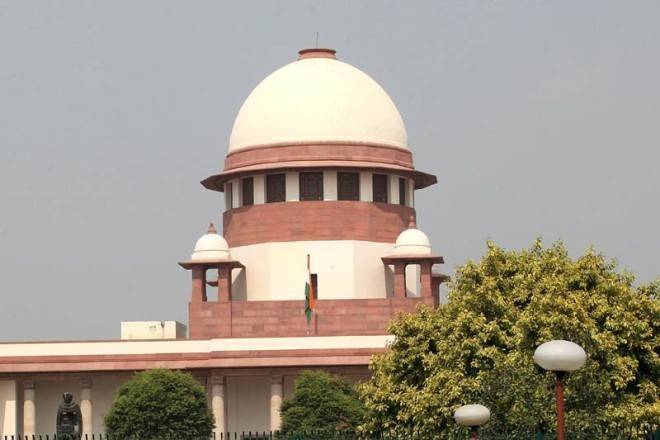NEW DELHI, Oct 7:
The Supreme Court Wednesday told the chairperson of an NGO who has been held guilty of contempt for not depositing Rs 25 lakh cost for “scandalising and browbeating” the court that he has not learned a lesson and the apex court would not permit him to misbehave.
“You think that by threatening everybody, whether this bench or threatening the other people, threatening the government, threatening others, you can make people to withdraw. You have said so. You want people to hold back by misbehaving. We are unwilling to permit you to misbehave,” the apex court said.
The observations were made by a bench comprising Justices S K Kaul and M M Sundresh, which deferred till January next year the sentence of the chairperson of NGO ‘Suraz India Trust’, Rajiv Daiya, who said he has tendered an unconditional apology and the court was gracious and kind enough towards him.
However, the bench observed, “We tried to be kind to you but you are not a person who takes this kindness very well. That is the whole difficulty.”
Daiya said at the outset that he had “misinterpreted” the apex court’s order.
The bench said he is well-versed in the law and has been arguing constitutional issues before the court.
“It is no pleasure for us to convict somebody. That is the last resort. But you went on and on,” it said, adding, “You don’t seem to learn a lesson.”
The bench said he has moved an application tendering an unconditional apology and the court would defer the sentence.
“We will defer the sentence. Let us see how you behave,” the bench observed, adding, “We will defer the sentencing to January and see what is the position and then, some sentence we will impose. What we will impose, let us see.”
The bench has posted the matter for January 11 next year.
In its September 29 judgement holding Daiya guilty of contempt of court, the top court had said that its power to punish for contempt is a constitutional power that cannot be abridged or taken away even by legislative enactment. (PTI)
Trending Now
E-Paper


